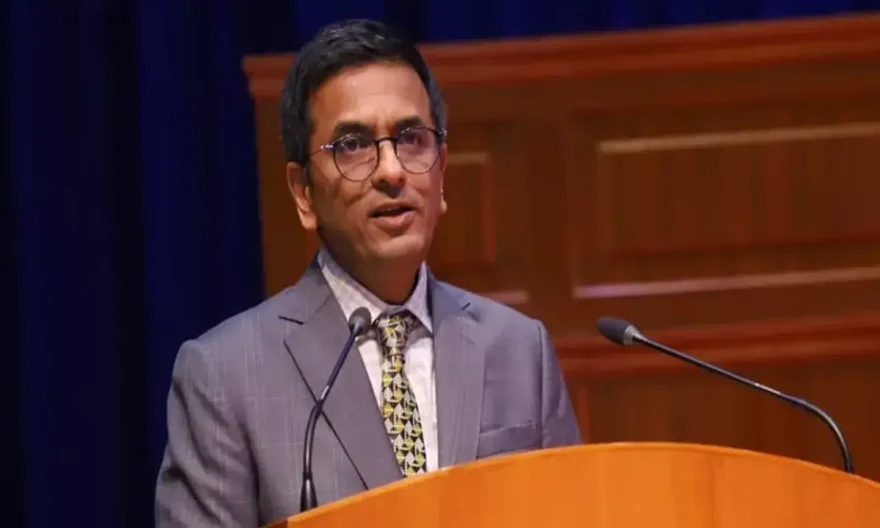
Chief Justice of India (CJI) DY Chandrachud on Saturday stated that suicides among students from marginalized groups are on the rise, and research has shown that the majority of such students are from Dalit and Adivasi communities,
The CJI lamented this was due to discrimination caused by a lack of empathy.
CJI added, “Prof Sukhdev Thorat has observed that the majority of students who committed suicide were Dalits and Adivasis, indicating a pattern that we must question. We have spent the last 75 years focusing on building institutions of eminence, but we also need to build institutions of empathy. I’m bringing this up because discrimination is directly linked with lack of empathy.”
The CJI delivered the keynote address at the National Academy of Legal Studies and Research University of Law’s 19th Annual Convocation in Hyderabad. (NALSAR)
CJI stated, “Judges cannot avoid social realities, and judicial dialogue is common around the world. When the black lives matter movement emerged in the aftermath of George Floyd’s murder, all nine justices of the US Supreme Court released a joint statement to the judiciary on the degradation and devaluation of black lives. According to a Harvard Law School professor, people forget the work that civil rights lawyers did to educate the black community.”
CJI Chandrachud also stated that, in addition to his judicial and administrative duties, he has been attempting to shed light on various structural issues confronting our society.
Concerning the social discrimination faced by students from marginalised communities, he stated that one of the first steps towards ending it would be to stop allotment of hostel rooms based on entrance exam scores.
CJI also stated that practises such as publishing a list of students’ marks along with their social categories, publicly asking for the grades of dalit and adivasi students in order to humiliate them, making fun of their English proficiency, and labelling them as inefficient should be prohibited.
“Not acting on incidents of abuse and bullying, not providing support system, ending fellowships, normalizing stereotypes through jokes, are some of the basic things which every educational institutions must stop,” CJI emphasised.
In this regard, he also highlighted how National Law Universities (NLU), which were supposed to be accessible institutions focused on quality legal education, have remained inaccessible to a large portion of the population.
“The experiment with NLUs, in my opinion, was to create accessible institutions focused on quality legal education rather than elite institutions. However, NLUs have struggled to be accessible to a broad section of society; concerns are constantly raised about the entrance exam pattern of NLUs, which acts as a barrier to access for students who are not well acquainted with English, “CJI stated.
However, the CJI also stated that changing the entrance exam pattern for NLUs would be futile if NLUs did not provide a welcoming environment for students from disadvantaged backgrounds.
“Financial barriers are significant, and NLUs, in collaboration with state governments, should improve financial affordability,”CJI said.




